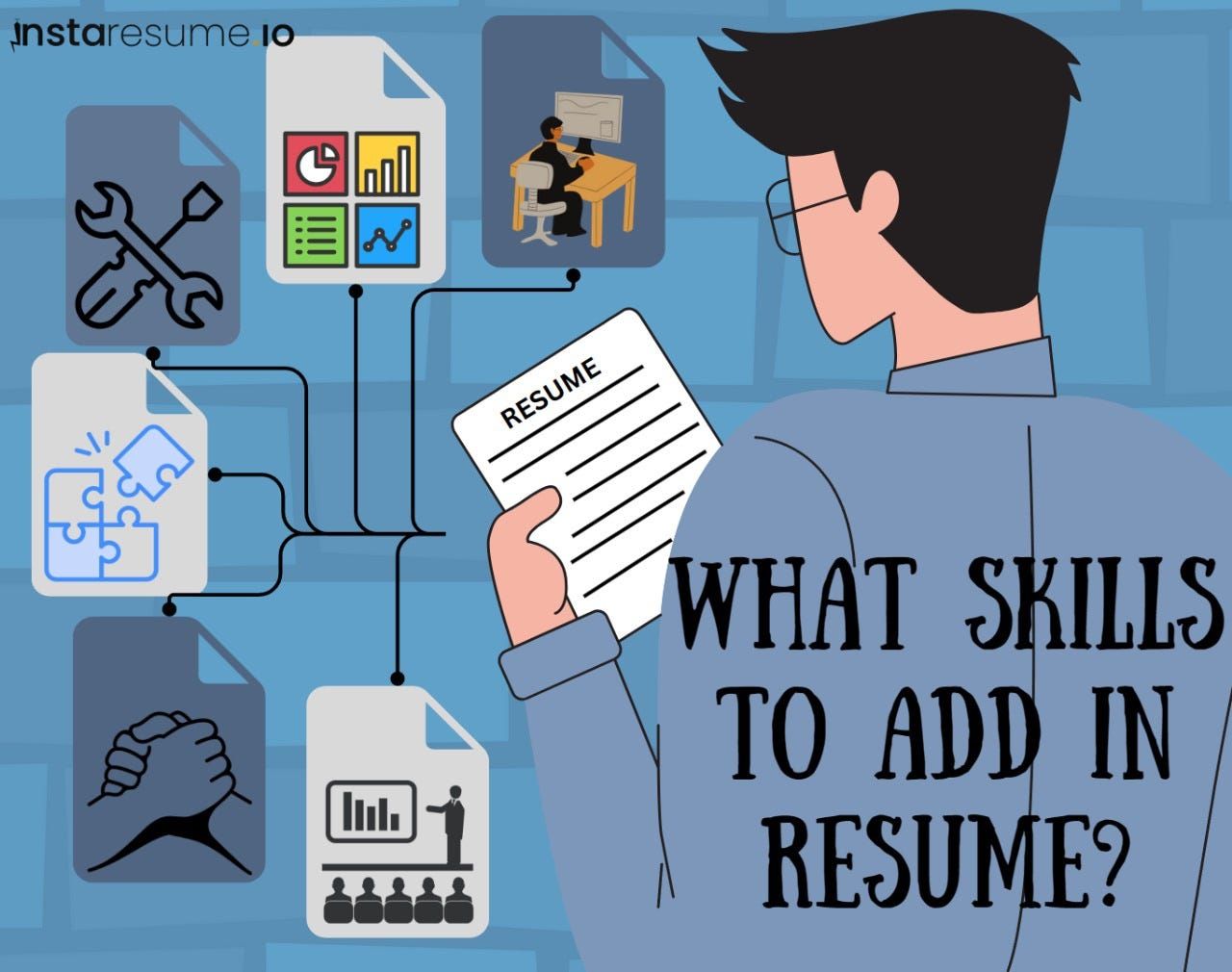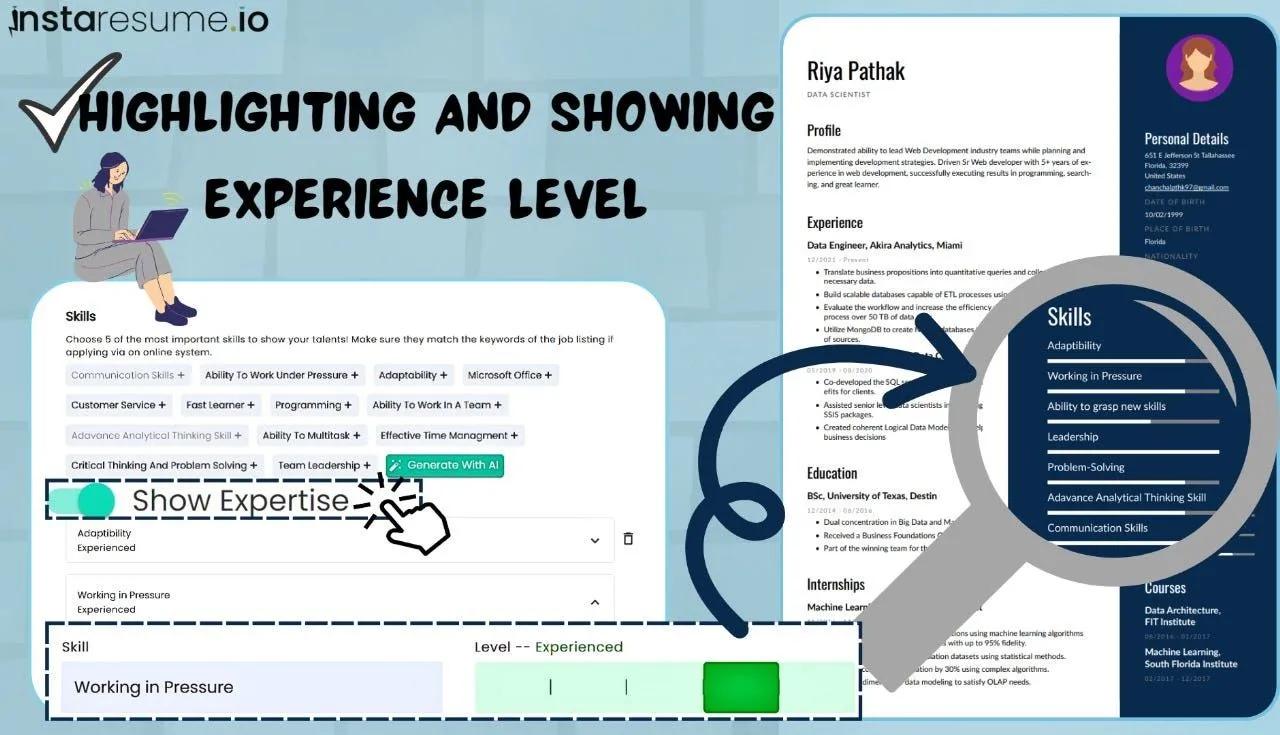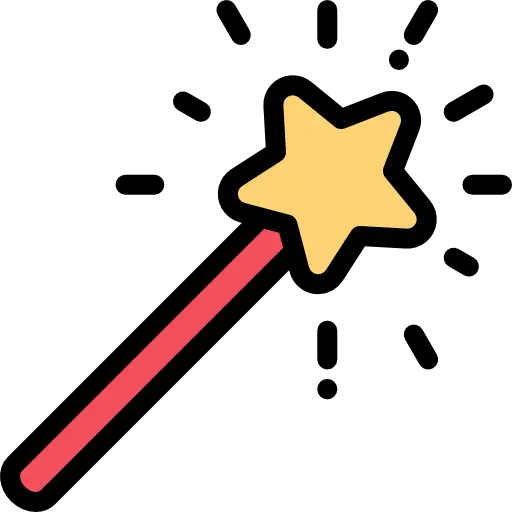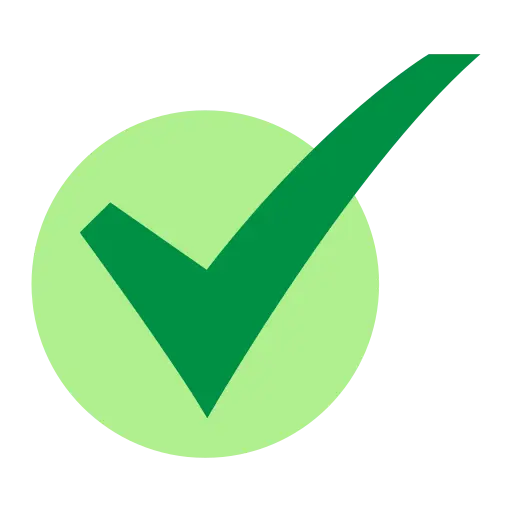How many skills to list on a resume
Trust Score: 4.8
362 reviews

Crafting the perfect resume is a crucial step in your job hunt. One question often pops up: how many skills to put on a resume? According to experts, there is no magic number, you have to put skills tailored to match the job description. This strategy ensures your skills section shines, catching the eye of potential employers.
Each skill you list in the skills section should reflect what the job asks for, making your application as relevant as possible. It’s about quality, not quantity.
Integrating these skills seamlessly into your resume is key. You’re not just listing abilities; you’re connecting them to your experiences and achievements. This approach transforms the skills section from a mere list to a compelling narrative of your professional strengths.
Remember, tailoring your resume, including the skills section, can significantly boost your chances of landing that interview.
Hard Skills and Soft Skills
When deciding how many skills to list on a resume, it’s important to strike a balance between showcasing your technical proficiency and highlighting your interpersonal strengths.
Differentiating between hard skills and soft skills is essential when crafting a resume. Hard skills are specific, teachable abilities that can be quantified and measured, such as proficiency in a particular software or programming language.
Soft skills, on the other hand, are interpersonal traits and attributes that are more difficult to quantify but are equally valuable in the workplace, such as communication, teamwork, and problem-solving abilities.
In the skills section of your resume, aim to include a variety of both hard and soft skills that are relevant to the position you’re applying for.
This not only helps your resume stand out to hiring managers but also gives them a comprehensive understanding of your capabilities and how you can contribute to their organization’s success.
Mistakes to Avoid while adding skills to your Resume
Do not lie: It’s tempting to embellish your skills to appear more qualified, but honesty is key. Lying on your resume will not only backfire during the hiring process but can also damage your professional reputation in the long run.
Avoid irrelevant skills: While it’s important to showcase a diverse set of skills, make sure they are relevant to the job you’re applying for. Listing unrelated skills can clutter your resume and distract from your qualifications.
Focus on quality over quantity: Instead of listing every skill you possess, prioritize quality over quantity. Highlight the skills that are most relevant to the job and demonstrate your proficiency in those areas.
Tailor your skills to the job description: Customize your skills section to align with the requirements of the job you’re applying for. This shows that you’ve taken the time to understand the role and are genuinely interested in the position.
Avoid generic skills: Steer clear of generic skills that are vague and unquantifiable, such as “good communication skills” or “team player.” Instead, provide specific examples of how you’ve demonstrated these skills in previous roles.
Keep it concise: Aim for a concise and focused skills section that highlights your most relevant qualifications. Avoid overwhelming the reader with too much information and prioritize clarity and readability.
Seek feedback: Before finalizing your resume, seek feedback from trusted colleagues, mentors, or professionals in your field. They can provide valuable insights and help you identify any potential weaknesses in your skills section.
Proofread carefully: Spelling and grammatical errors can detract from the professionalism of your resume. Proofread carefully to ensure accuracy and attention to detail and consider enlisting the help of a proofreader or editor for an extra set of eyes.
By using instaresume’s professional resume templates, you can effectively display your expertise and emphasize all your skills in your resume. You can also choose not to display your skill expertise.
Create a standout resume that will catch the eye of potential employers and showcase your skills in the best possible light. Stand out from the competition and land your dream job with a professionally designed resume.
Now, let’s see some key skills based on profession that you can mention in your resume which will increase your chances of hiring.
Skills for Software Engineer:
Here is a list of top software engineer skills to include on your resume:
 Programming languages (e.g., Java, Python, C++)
Programming languages (e.g., Java, Python, C++) Problem-solving
Problem-solving Debugging
Debugging Algorithm design and analysis
Algorithm design and analysis Knowledge of software development methodologies (e.g., Agile, Scrum)
Knowledge of software development methodologies (e.g., Agile, Scrum) Attention to detail
Attention to detail Collaboration/teamwork
Collaboration/teamwork Continuous learning and adaptability
Continuous learning and adaptability Version control systems (e.g., Git)
Version control systems (e.g., Git) Strong analytical skills
Strong analytical skills
Teaching skills resume:
Here is a list of top teaching-related skills to include on your resume:
 Classroom Management
Classroom Management Curriculum Development
Curriculum Development Lesson Planning
Lesson Planning Subject Matter Expertise (e.g., Mathematics, Science, English)
Subject Matter Expertise (e.g., Mathematics, Science, English) Educational Technology Proficiency
Educational Technology Proficiency Communication Skills
Communication Skills Conflict Resolution
Conflict Resolution Patience and Empathy
Patience and Empathy Feedback and Assessment Techniques
Feedback and Assessment Techniques Continuous Learning and Professional Development
Continuous Learning and Professional Development
Banking skills resume:
Here is a list of top key banking-related skills to include in your resume:
 Financial Analysis
Financial Analysis Risk Management
Risk Management Customer Service
Customer Service Sales and Marketing
Sales and Marketing Regulatory Compliance Knowledge
Regulatory Compliance Knowledge Attention to Detail
Attention to Detail Loan Processing
Loan Processing Investment Advisory
Investment Advisory Digital Banking Solutions Familiarity
Digital Banking Solutions Familiarity Relationship Building
Relationship Building
Medical assistant resume skills:
Here is a list of top key medical assistant-related skills to include in your resume:
 Patient Care and Support
Patient Care and Support Clinical Procedures (e.g., taking blood pressure, administering injections)
Clinical Procedures (e.g., taking blood pressure, administering injections) Medical Record Keeping
Medical Record Keeping Appointment Scheduling
Appointment Scheduling Patient Education and Communication
Patient Education and Communication Basic Laboratory Tests
Basic Laboratory Tests Equipment Sterilization and Maintenance
Equipment Sterilization and Maintenance Vital Signs Measurement
Vital Signs Measurement Electronic Health Records (EHR) Software Proficiency
Electronic Health Records (EHR) Software Proficiency Medical Terminology Knowledge
Medical Terminology Knowledge
Marketing skills resume:
Here is a list of top key marketing-related skills to include in your resume:
 SEO and SEM Techniques
SEO and SEM Techniques Content Creation and Management
Content Creation and Management Social Media Strategy and Analytics
Social Media Strategy and Analytics Email Marketing Campaigns
Email Marketing Campaigns Brand Management and Development
Brand Management and Development Market Research and Consumer Behavior Analysis
Market Research and Consumer Behavior Analysis Creative and Visual Design Capabilities
Creative and Visual Design Capabilities Data Analysis and Interpretation
Data Analysis and Interpretation Public Relations and Media Outreach
Public Relations and Media Outreach Event Planning and Execution
Event Planning and Execution
Nursing skills for resume:
Here is a list of top key nursing-related skills to include in your resume:
 Patient Assessment and Monitoring
Patient Assessment and Monitoring Wound Care and Dressing Changes
Wound Care and Dressing Changes Medication Administration and Management
Medication Administration and Management Emergency Response and First Aid
Emergency Response and First Aid Empathy and Compassionate Care
Empathy and Compassionate Care Infection Control Protocols
Infection Control Protocols Patient Advocacy and Privacy
Patient Advocacy and Privacy Teamwork and Collaboration with Healthcare Professionals
Teamwork and Collaboration with Healthcare Professionals Health Education and Promotion
Health Education and Promotion Documentation and Reporting
Documentation and Reporting
So, now we know what skills are necessary for these jobs and how to include them in your resume, but if you want to learn how to discuss your skills in your interview, then you can read more here.







